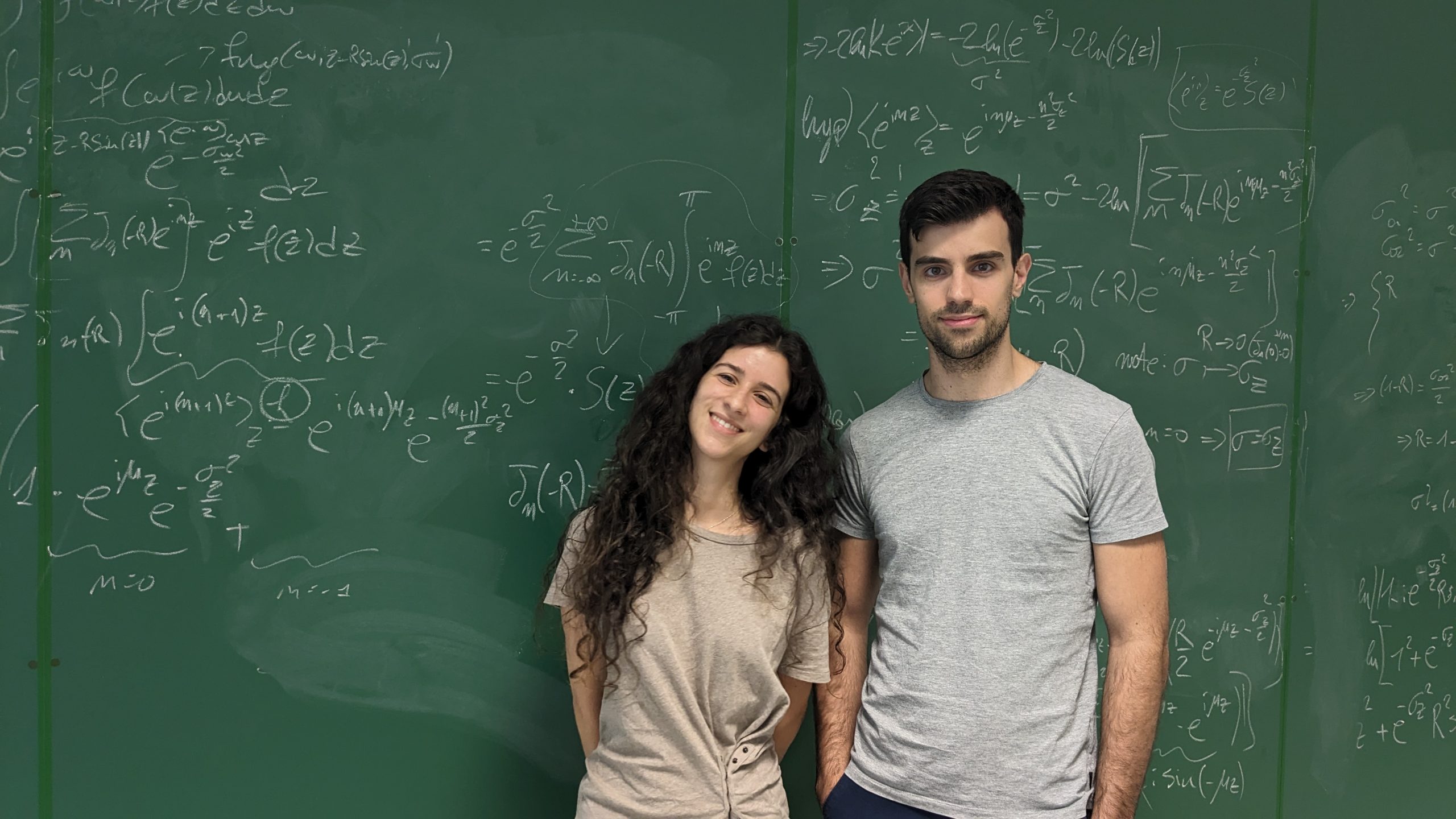UVigo participates in a
satellite mission for quantum communications.

The University of Vigo is one of the entities that is participating in the feasibility study of Caramuel, the first global satellite mission in geostationary orbit aimed at quantum distribution of keys, one of the main technologies that will define the secure communications of the future.
Funded by the European Space Agency and led by the company Hispasat, this study brings together the participation of multiple companies and bodies of international relevance with the aim of developing a payload that places Spain at the forefront of secure space communications.
“The intention is to launch a geostationary commercial satellite for quantum communications, something that, if all goes well, could occur this decade,” said Marcos Curty, professor and researcher at the VQCC.
The emergence of quantum computers provides a much greater computational power than that of traditional computers for certain problems, including the decomposition into prime factors on which the security of the current non-symmetric cryptography is based. This will mean a paradigm shift in secure communications, as attackers with quantum computers will be able to decipher current encryptions in a matter of seconds. Therefore, it is essential to develop a system that allows information to be sent with the necessary guarantees in government communications environments (civil and military), management of critical infrastructure and applications and services of economic, environmental or technological interest, as well as large corporations.
The quantum distribution of keys using an optical communications system allows us to guarantee their security with certainty, since the integrity of the established keys is continuously verified thanks to the quantum properties of photons. Currently, commercial technology does not allow the use of fiber optic-based connections to establish quantum communications over about 100 kilometers without using trusted nodes. Instead, the use of the satellite for sending quantum keys allows you to cover any distance, as the attenuation of the signal is lower in free space. Specifically — and unlike other orbits — geostationary orbits, at 36,786 km high, allow these communications to be established between entire continents with a single satellite.
The Caramuel mission has different phases. It is currently in Phase A and the University of Vigo participates by leading the work package related to the evaluation of protocols.
As Curty explains, the main merit of quantum communications is that it can be shown that they are safe. To establish a cryptographic key, different quantum protocols can be used, a kind of list of instructions on what should be done, what quantum signals need to be transmitted and what kind of measurements should be performed on the receiver.
“The ultimate goal is to distill a secret key, a series of numbers — zeroes and ones — totally random that are equal between the sender and the receiver, ensuring their safety, i.e., that no potential attacker can have access to the information,” Curty said.
“At UVigo what we do is to evaluate all existing protocols and select the one that is considered best suited for this type of mission, i.e. the one that allows keys to be established from a geostationary satellite, something that most would not allow due to optical losses in this type of link.”
An estimate is also made of the secret key generation rate that could be obtained, i.e. how many bits of secret keys per second would be possible to achieve with a geostationary satellite, based on the desired security parameters.
In addition to leading the Protocol Evaluation work package, the University of Vigo also participates in the advisory committee (Advisory Committee) of this mission, responsible for overseeing the set of tasks that have been done and that are being done.















